
A new booster shot of the Pfizer-BioNTech COVID-19 vaccine is now available for children aged 6 months to 4 years, in an effort to continue to curb the effects of COVID-19

A new booster shot of the Pfizer-BioNTech COVID-19 vaccine is now available for children aged 6 months to 4 years, in an effort to continue to curb the effects of COVID-19

The supplemental biologics license application seeks approval for the Omicron BA.4/BA.5 bivalent vaccine as both a primary series and a booster dose.

Leading health organizations are urging those with diabetes and other chronic conditions to get the influenza vaccine.
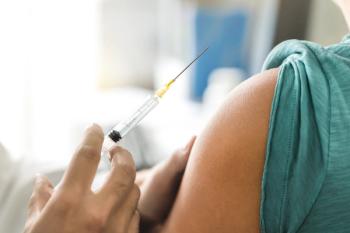
Vaccine-hesitant adults were more likely to show positive change in opinion after being presented with an interactive risk ratio simulation according to a new study.

More traditional health care coverage will begin when the U.S. public health emergency response to COVID-19 ends on May 11.
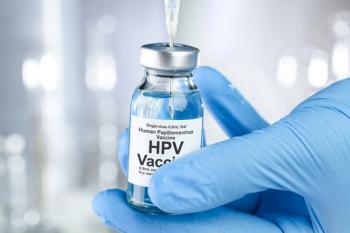
The World Health Organization (WHO) and the CDC recommend different doses when it comes to vaccine protection against the human papillomavirus (HPV).

With nearly 250,000 kindergarten age children not receiving their recommended vaccines, pediatric health care providers search for solutions.

The vaccine was 73.2% effective in children aged 6 months to 4 years when administered during the Omicron-dominant phase.
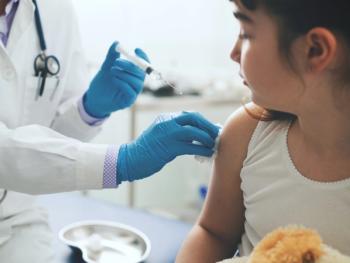
The updated vaccine schedule includes vaccinations for influenza, pneumococcal disease, measles, mumps, and rubella (MMR) and COVID-19.

RSV cases spiked to unprecedented levels this season. Why were these infections so frequent and severe, and why has vaccine development taken so long?

Pfizer Inc. and Moderna Inc. have indicated that they are going to price their shots at between $110 and $130. The shots should still be free to individuals because of rules barring out-of-pocket costs for such vaccinations.
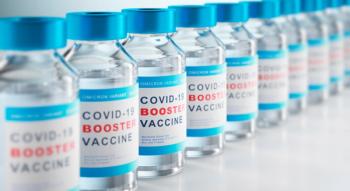
Though, unvaccinated people are at much greater risk for severe outcomes than folks the same age who are caught up on boosters.

Recommendations from the unanimous vote must be adopted by the FDA and CDC.

The FDA has approved another Tdap vaccine option for use during pregnancy to prevent pertussis, otherwise known as whooping cough.

Previously hepatitis B vaccines have offered lower levels of protection for people living with HIV. New research indicates that a 3-dose series could offer much better protection.
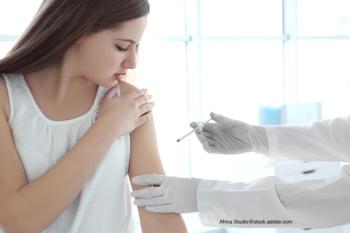
The updates include new recommendations for COVID-19 and pneumococcal vaccines.

Childhood vaccinations took a downturn during the pandemic. Now is the time to get them done and pharmacists can help.

The Breakthrough Therapy designation for VAX-24 will grant Vaxcyte access to the FDA’s Fast Track program.

Keep your pharmacy services up to date with the latest 2023 ACIP vaccination schedule updates and recommendations.

Take a look back at our most popular women's health coverage for 2022.

Take a look back at our most popular pediatric coverage for 2022.
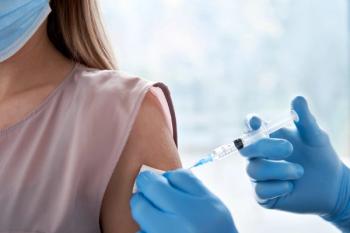
Vaccination program has also prevented more than 18 million hospitalizations, saved $1 trillion in medical costs.

Winner of SingleCare's Best of the Best: Best Pharmacist, Nguyen joined Drug Topics® to discuss how he's helped patients during adverse conditions and what makes for a successful patient encounter.

Health, science, and politics are in the mix as studies examine links among debates over shots against COVID-19 and measles.

Less than half (45%) of all nursing facility residents and less than a quarter of staff (22%) are up to date with their COVID-19 vaccinations. That is a sharp drop from the 87% of nursing facility residents and staff who completed their primary vaccination series.